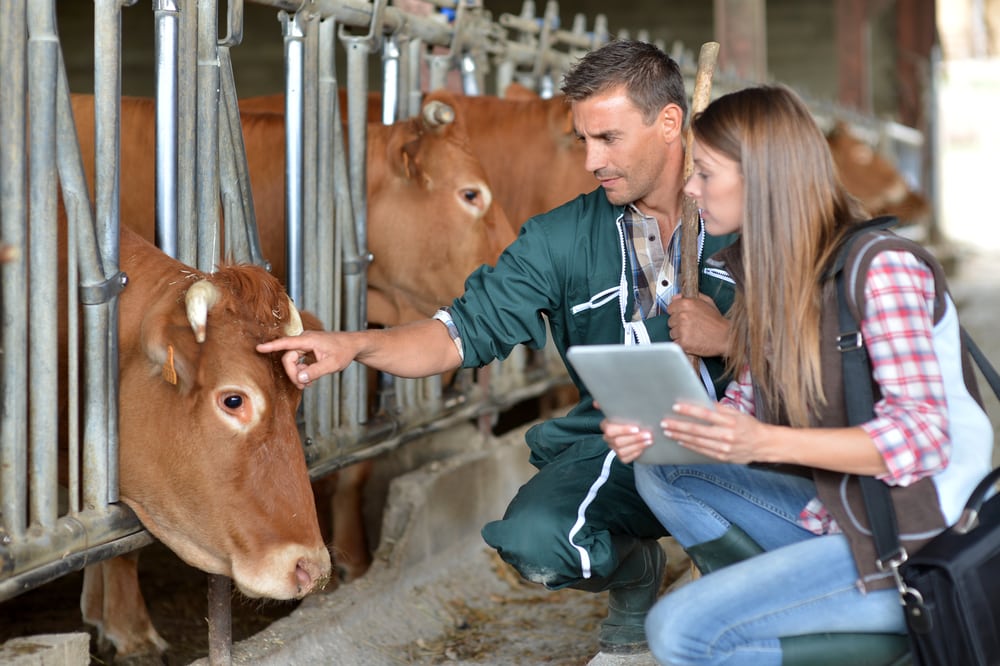Kerala Vets Identify Antimicrobial Peptides As Potential Anti Drug-Resistant Bacteria
Researchers at the Kerala veterinary and animal sciences university have identified antimicrobial peptides as promising molecules to be developed as drugs against multidrug-resistant bacteria. Across the world there is a lot of work happening on developing solutions for drug-resistant bacteria.
KVASU officials said that the emergence of multidrug-resistant microbes (MDRs) and chemotherapy-resistant cancer cells are causin
g serious havoc in health care sector and antimicrobial peptides (AMPs) hold the promise to tackle this problem.“We have isolated a messenger RNA from buffalo and developed a protein which has an anti-microbial motif. Bovines, especially buffalox, are only seen in this part of the world and they are usually disease resistant,” said Dr. Varuna P Panicker, assistant professor, KVASU, who isolated the molecule.
They can be used as a component in targeted medicines, she said. Traditional antibiotics generally target a particular physiological process of bacteria, such as cell wall synthesis, DNA replication etc. whereas, antimicrobial peptides mostly act without specific receptors and are ideal molecules to overcome the development of resistance.
AMPs are a group of evolutionary conserved and relatively short molecules (12-100 amino acids) of the immune system, which are found in all forms of life ranging from microbes to humans, to combat microbial challenge. These molecules can either be isolated from natural sources or designed and synthesized based on the template of natural peptides. “While humans have only one such peptide, animals have many,” he said.
The project ‘Molecular studies on myeloid antimicrobial peptides in buffalo’ identified genes of three such peptides from the buffalo bone marrow. All the peptides were tested for its antimicrobial activity such as, antibacterial (including MDR bacteria), antifungal, antiviral, anti-parasitic, and anti-cancerous property. Their antimicrobial activity was excellent with least cytotoxicity at its treatment dose and can be developed as promising drug molecules, she said.






























